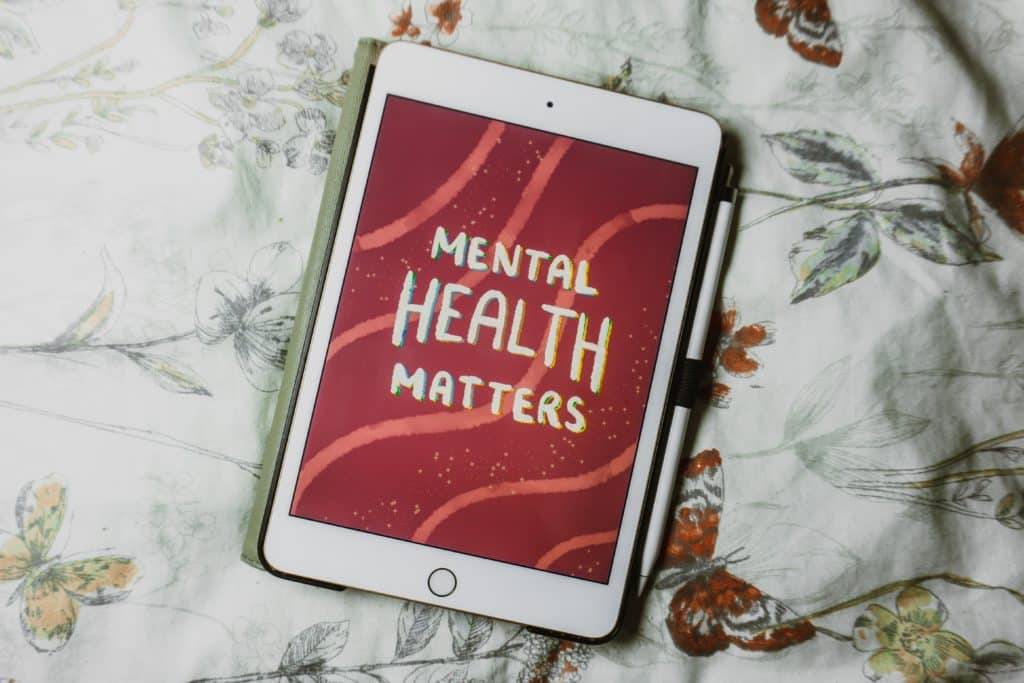Keeping yourself mentally healthy is just as important as maintaining your physical health. Even if you’re not feeling mentally unwell, prioritizing your mental health can help maintain a sense of peace and stability.
Meditation
Meditation could mean simply taking five or ten minutes a day to focus your mind and relax without any distractions or stress. It’s a great way to check-in with yourself and how you’re feeling and keep your mind calm.
If meditation is something you’re interested in, you could become even more involved by using an app or guide to help you meditate daily. Meditation can help with stress, anxiety, and sleep, all of which can help with your mental health.
Spending Time with Family and Friends
Mental health shouldn’t be a taboo topic, and talking about it with your friends and family can lift a weight off your chest. Discussing your feelings when you’re down may help you work through whatever is affecting you, and your loved ones are an incredible support system you can turn to when you’re not feeling great.
Even if you’re not talking through a negative thought process, dedicated time to spend with your loved ones can boost your mood and keep you feeling positive. It can take some effort, but organizing a weekly event to hang out with your friends or family can be something to look forward to. That could be meeting for drinks, playing board games, or something more extravagant like an escape room or rollerblading.
Physical Exercise
Regular physical exercise is proven to feel more energetic, help when you have trouble sleeping and feel more relaxed. Studies have also shown that exercise can positively help anxiety and depression and even have the same effect as some antidepressant medication.
Whether that means going for a regular run or cycle around the block or a more vigorous workout routine, getting your body moving and blood pumping can significantly help improve and prioritize your mental health. This could even be a group activity if you’re feeling lonely – a family walk each week or convincing one of your friends to be your running partner can transform exercising into a social event as well.
Counseling
Finally, visiting a professional like a psychotherapist to seek experienced advice could be a good step if you have the means. Taking steps to work through any depression, anxiety, or other bad mental health with a professional is especially important if you’re really struggling. But seeing a therapist can be helpful to maintain a steady level of positive mental health before you start feeling down.
A professional therapist can be a neutral person to discuss your problems with, who can also help you with strategies and methods to deal with anything that may negatively affect you. This can then help you move forward in your life with the tools to deal with future problems.
It can be tricky to find ways to consistently prioritize your mental health if you’re feeling overwhelmed or stressed. Making these coping mechanisms a habit by introducing weekly or daily routines can help you maintain them even when you’re not your best. Taking the time to meditate and check in with yourself, exercise, and see your support system can all help lift you when you’re down. In addition, seeing a professional therapist can help you introduce even more helpful strategies in your day-to-day life.





